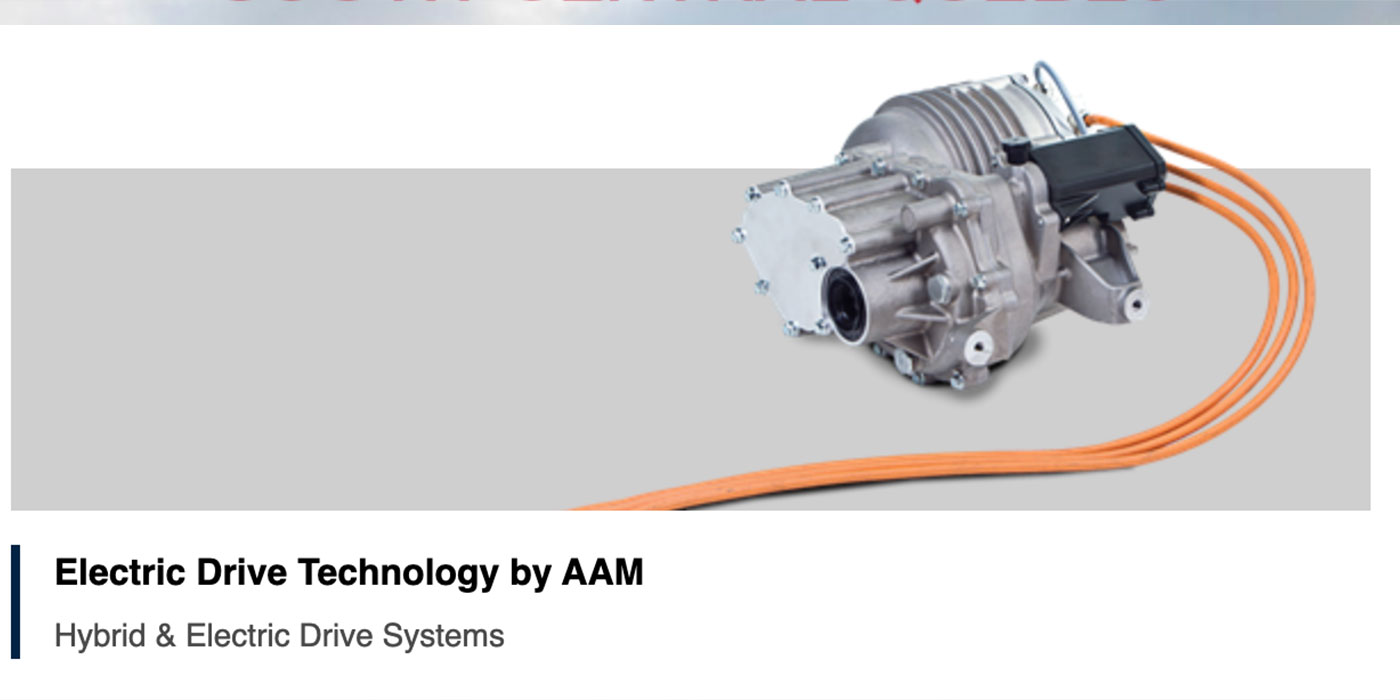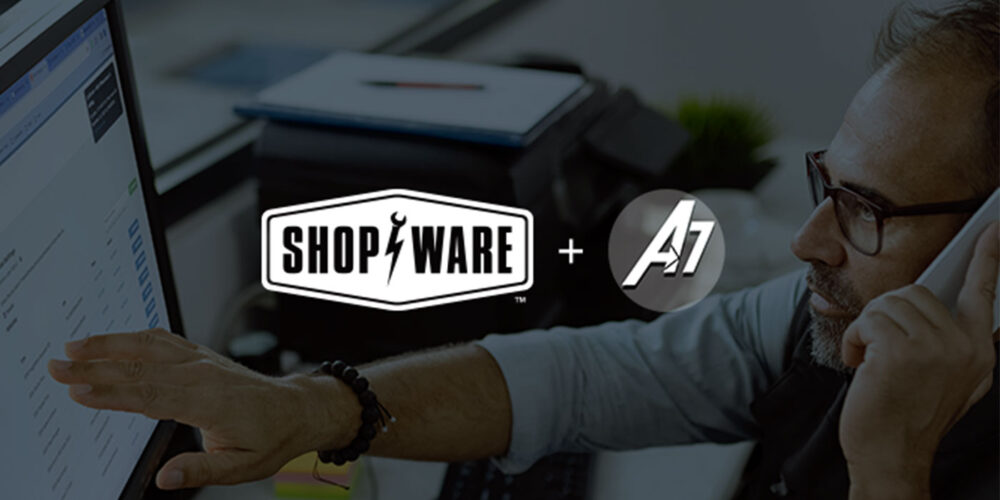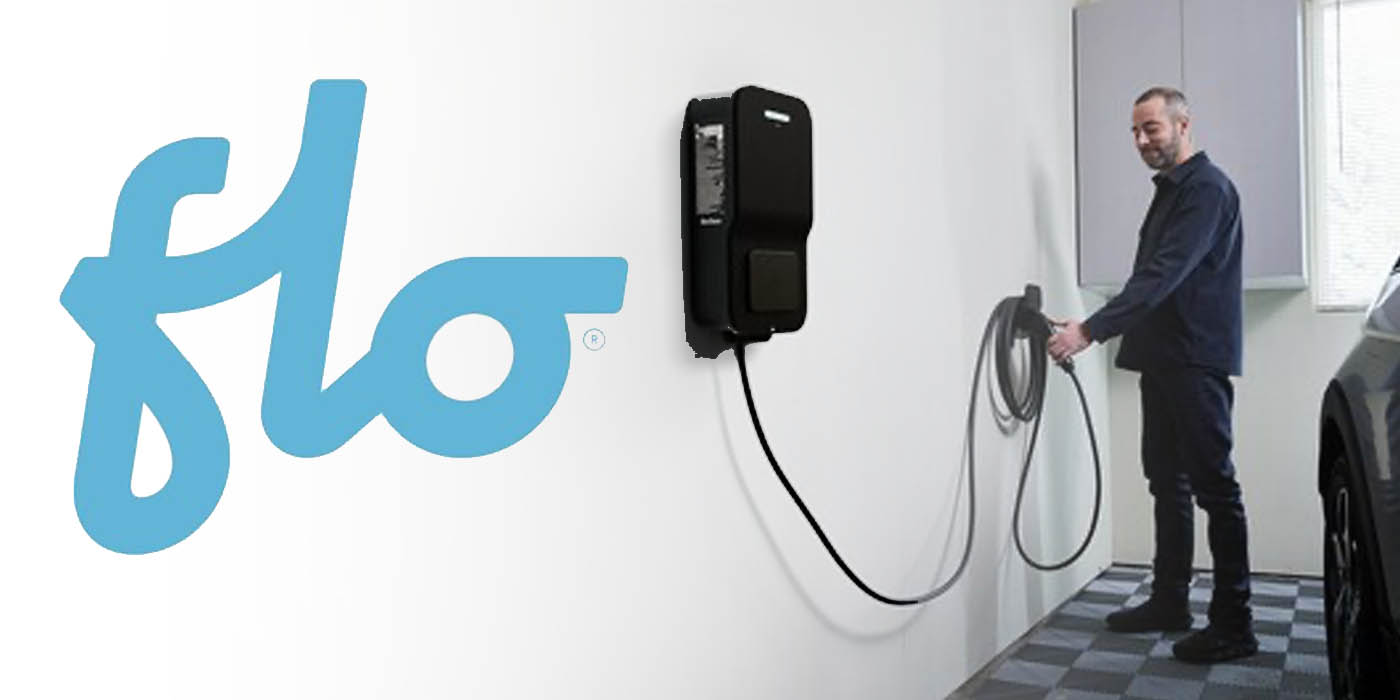A new report from EY and European energy industry body Eurelectric – ‘Can utilities turn EVs into a grid asset?‘ – examines the anticipated surge in EVs, from around 5 million passenger cars, light commercial vehicles and heavy duty vehicles today, to 130 million vehicles by 2035, and its impact on the grid. It finds that distribution system operators (DSOs) play a critical role in the success of eMobility and the charging infrastructure required to support it.
The current pace of EV adoption is swift, with one- in- five vehicles sold in Europe during 2021 being electric. Acceleration, however, depends on delivering a seamless customer experience with a robust charging infrastructure that allows everyone to charge quickly and reliably, says EY.
The report is informed by Eurelectric and its members and includes insights drawn from discussions with industry leaders across the eMobility ecosystem, including automotive, utilities, fleet management, city planning and charging infrastructure.
“Electrifying road transport is critical for Europe to meet its tough emissions targets, and regulators and automotive companies are already well invested in making this a reality,” says Serge Colle, EY Global Energy & Resources Industry Market Leader.” However, eMobility will only go faster if it works for the customer, which means a robust charging infrastructure that is available and convenient to use is needed. With significant investment needed in the grid and supporting critical digital solutions to combat this, DSOs are the lynchpins in making this evolution in transport happen.”
From Grid Liability to Grid Asset
Europe’s power grids face an enormous challenge from the imminent rollout of 130 million EVs. The report calculates that the predicted surge in EVs will warrant at least 65 million charge points, of which 9 million will be public, up from 374,000 today. Electricity demand from charging is also expected to grow by 30% per year, adding over 200TWh by the end of this decade. According to the report, however, any destabilizing impact will not come from demand growth, but rather from thousands or even millions of EVs attempting to charge simultaneously.
EY analysis finds that grids, which are already heavily loaded in multiple areas, could become bottlenecks if peak EV charging periods coincide with peaks in general load. Analysis of the six most common charging use cases – residential rural, residential urban, workplace, fleet hubs, overnight and highways – shows that peak load will increase by between 21% and 90%. For that reason, a “fit and forget” approach to charger connections risks exacerbating congestion on already heavily loaded grids.
The report suggests that managed charging will be a game-changer, helping DSOs to transform the liability that comes from millions of EVs charging at will into an asset. Deploying smart grids will provide DSOs with real-time information about the grids they operate and the ability to analyze current and future needs. This data will help them to determine investment in grid reinforcement or flexibility solutions to cater for EVs. And incorporating digital solutions will enable DSOs to control the available capacity, time and duration of charging and shift EV charging to times to when grid energy is plentiful and cheap, thereby preventing the grid from buckling under the pressure.
“Europe is undergoing a turbo-charged shift toward eMobility. With EV numbers set to grow exponentially by 2035, we must ensure that the roll-out of charging infrastructure happens at similar speed, while we continue to reinforce and modernise our grids. The task ahead will require a massive effort from all players, but I remain convinced that we will create a successful shift to a cleaner, greener and more exciting mobility paradigm in Europe,” says Kristian Ruby, Eurelectric Secretary General.
The critical need to massively accelerate the deployment of charging infrastructure in line with EV adoption will require widespread collaboration between municipalities, local authorities, city planners, charge point operators, eMobility service providers, automakers and DSOs. Working together, the road transport system designed today should serve everyone long into the future, the report concludes.














